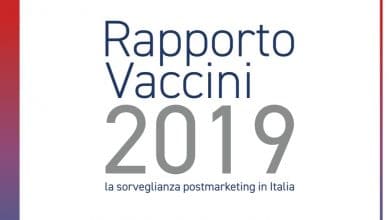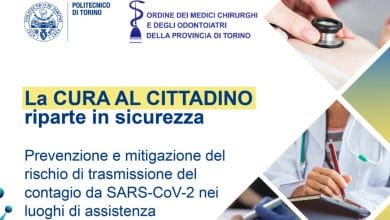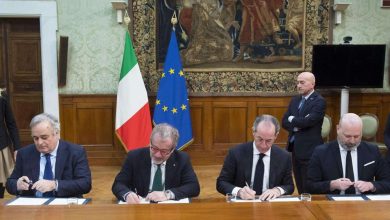
Antibody cocktail and stories of Russian spies. All the news concerning AstraZeneca
START Magazine – October 12, 2021
 AstraZeneca is back on the front page with two news items. The first represents another step forward in the battle against Covid-19, the other has all the flavor instead of a spy story, but let's proceed in order.
AstraZeneca is back on the front page with two news items. The first represents another step forward in the battle against Covid-19, the other has all the flavor instead of a spy story, but let's proceed in order.
WHAT IS KNOWN ABOUT THE ANTIBODY COCKTAIL
AZD7442 is the name of the antibody cocktail developed by AstraZeneca and, according to the results of the third phase of trials, reduces the risks of 50% Covid-19 in non-hospitalized patients who have had symptoms.
Not only does it work as a preventative injection in the uninfected, it has also been shown to save lives and prevent serious disease when given as a treatment within a week of the first symptoms.
For this, the Anglo-Swedish pharmaceutical company he asked the Food and Drug Administration last week(FDA) to grant the drug emergency use authorization as a preventative injection, especially for people who do not have a strong enough immune response to vaccines, such as cancer patients or those who have received organ transplants.
A separate trial is also studying its use as a treatment for hospitalized patients.
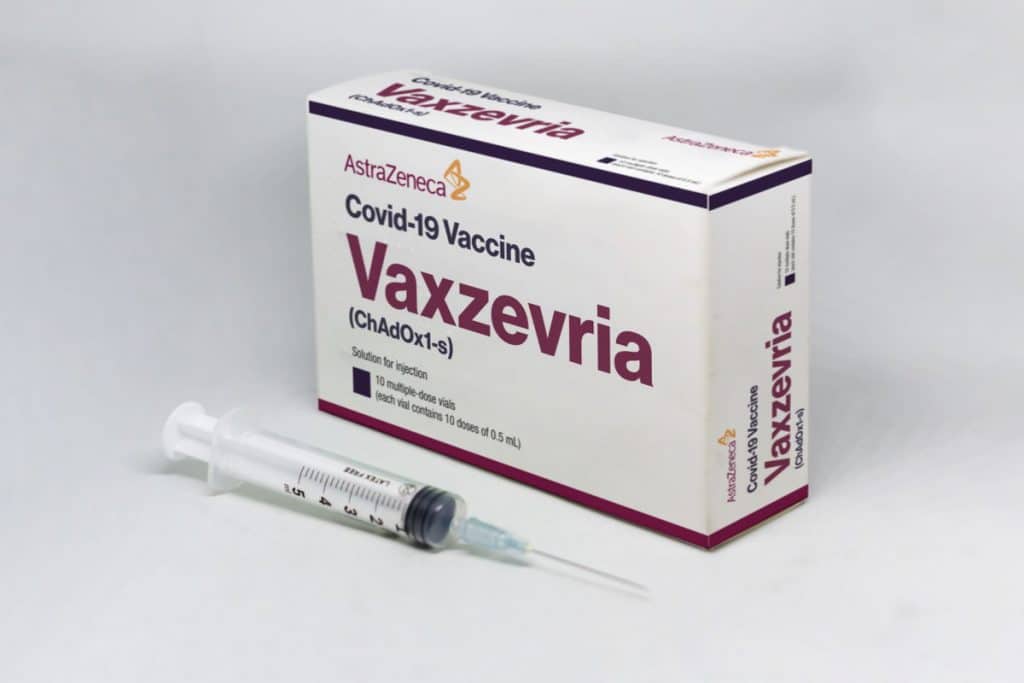 AN ALTERNATIVE TO VACCINES?
AN ALTERNATIVE TO VACCINES?
Mene Pangalos, executive vice president of biopharmaceutical R&D at AstraZeneca, said the treatment results mostly point to potential future use as non-vaccine prevention.
“If and when approved, it will also be used to treat [infection, ed]. But the real differentiator for this antibody will be in the prophylactic setting,” told to Reuters.
THE DIFFERENCE WITH THE VACCINE
AZD7442 is based on laboratory-made antibodies designed to stay in the body for months and contain the virus in case of infection. A vaccine, however, depends on an immune system to develop targeted antibodies and infection-fighting cells.
THE OTHER COCKTAILS
However, AstraZeneca's is not the only drug based on various antibodies. Similar therapies, developed with monoclonal antibodies, have also been developed by Regeneron, Eli Lilly and GlaxoSmithKline (GSK) with partner Vir.
In the United States, these cocktails have been approved for emergency use to treat mild to moderate cases of COVID-19.
COMPARISON RESULTS
Regeneron therapy showed 72% protection against symptomatic infection in the first week and 93% thereafter.
GSK-Vir's drug results indicate a 79% reduction in the risk of hospitalization or death and Eli Lilly's results indicate a 70% decrease in viral load at day seven compared to placebo.
THE MERCK PILL
The anti Covid-19 pill from the pharmaceutical company Merck, which it requested emergency use authorization from the FDA yesterday, has been shown to reduce the risk of hospitalization or death from 50%, according to the initial phase of the study in a sample of patients who had at least one risk factor.
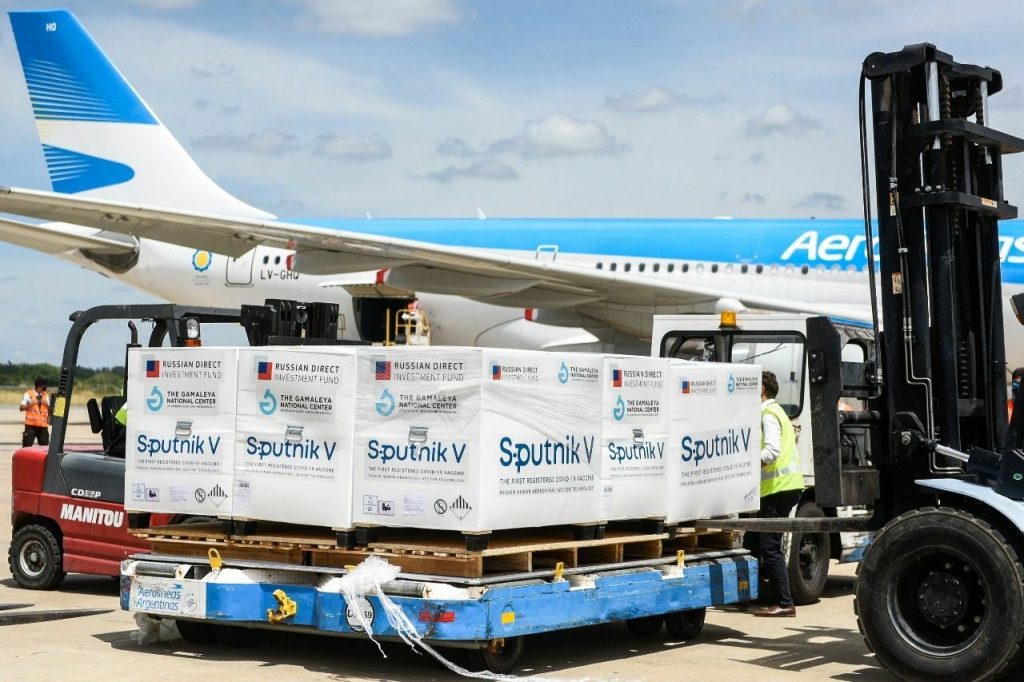 THE STOLEN FORMULA?
THE STOLEN FORMULA?
Now let's move on to a story shrouded in mystery. According to what reported by Sun, Russia allegedly stole the formula for the AstraZeneca vaccine and used it to create its own. Russia's Sputnik V vaccine, by the way, uses technology similar to that of the Oxford-designed vaccine.
To discover the theft would have been the British secret services, which already last year had pointed the finger at President Vladimir Putin. British 007s were sure at 95% and even more so that hackers in the employ of the Kremlin had targeted British, US and Canadian bodies engaged in the development of a vaccine. Now they say they are certain of what happened: the data theft would have been carried out in person by a single Russian agent.
"The Sun it is a well-known and very unscientific newspaper,” spokesman Dmitry Peskov said wryly, in a comment reported by Tass. “This is our attitude towards these publications.”
Downing Street is not commenting for now.
Note: AZD744 is a combination of two LAAB (long acting antibody) – tixagevimab (AZD8895) and cilgavimab (AZD1061) derived from B cells donated by convalescent patients after the SARS-CoV-2 virus. Discovered by Vanderbilt University Medical Center e licensed to AstraZeneca in June 2020, human monoclonal antibodies bind to distinct sites on the spike protein of SARS-CoV-2 and have been optimized by AstraZeneca with half-life extension and with reduction of Fc receptor and complement C1q binding. The extended half-life triples the duration of its action compared to conventional antibodies and could offer up to 12 months of protection from COVID-19 after a single administration; data from the Phase I study show high neutralizing antibody titres for at least nine months. Reduced Fc receptor binding aims to minimize the risk of antibody-dependent disease enhancement, a phenomenon in which virus-specific antibodies promote, rather than inhibit, infection and/or disease
Related news: AZD7442 reduced risk of developing severe COVID-19 or death in TACKLE Phase III outpatient treatment trial
Sputnik V, WHO could approve Russian vaccine by the end of the year
AIFA. Vaxzevria vaccine (formerly COVID-19 Vaccine AstraZeneca)
False reports of Russian theft of AstraZeneca. Apologies from the British media
The Antidiplomatic – October 12, 2021
Who knows if some Italian media will pick up on the news. Meanwhile, several British media were forced to apologize for echoing unsubstantiated allegations that the Russian Sputnik V vaccine was based on a formula stolen from the Anglo-Swedish pharmaceutical company AstraZeneca.
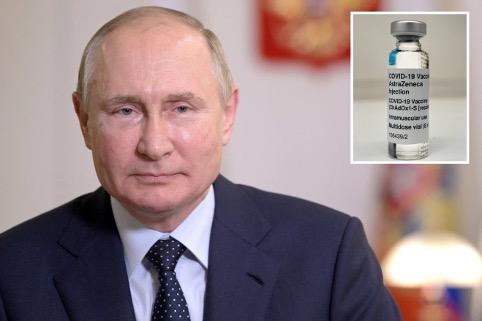 The allegations, triggered by the publication of a item in the British tabloid The Sun, were strongly rejected from Russia and denied by this country's Direct Investment Fund, which supports the development of the Russian vaccine against covid-19, as well as specifying that the Russian vaccine and AstraZeneca are based on different platforms.
The allegations, triggered by the publication of a item in the British tabloid The Sun, were strongly rejected from Russia and denied by this country's Direct Investment Fund, which supports the development of the Russian vaccine against covid-19, as well as specifying that the Russian vaccine and AstraZeneca are based on different platforms.
After a clarification, the British newspaper Daily Express has canceled the its original publication, stating that it was “fake news because information about the creator of the Sputnik V vaccine – Gamaleya National Research Center for Epidemiology and Microbiology” is publicly available.
“The [Sun] article also contained false information. As an apology, we are pleased to set the record straight and publish the following statement by the Russian Direct Investment Fund,” reads the Daily Express article.
For its part, The Sun added a quote with statements from the Russian Fund to its article. “British media reporting that Russian Sputnik V allegedly relied on Oxford/AstraZeneca vaccine investigation is another fake news story and a blatant lie based on anonymous sources,” the Fund's response reads.
Sputnik V vaccine is already registered in 70 states for a total population of over 4 billion people.

